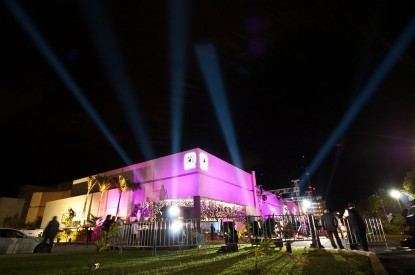Legislation
Mexico – Mexican bill could cause controversy amongst licensed operators
By Phil - 14 January 2015
The President of Mexican gaming organisation ASPJAC (Asociación de Permisionarios y Proveedores de Juegos y Sorteos, A.C) Alfonso Pérez Lizuar has expressed his growing concerns over a number of articles in the latest draft of Mexico’s new gaming laws as recently approved by the Chamber of Deputies.
“I worry about two or three things about the new legislation, as companies in the sector where rights which have already been acquired could be affected.”
According to Mr. Lizaur, the main problem is that the new legislation stipulates that companies which are licensed to operate must update their licences. This could be a flashpoint for controversy in the future and could lead to several legal challenges whereby operators go to local court for stays of closure – something that has happened several times in the past over recent years. “We could go back to the situation we had during many years, of fighting and differences,” he said.
In consultation with its legal department Mr. Lizaur concluded that those casinos which had already been granted permission to operate via local courts “could easily win” if they sought legal protection of their licences which would erase the progress achieved by the new bill and would generate conflict within the industry on a large scale.
“The new gaming law is an extraordinary achievement and I applaud the work of the Interior Ministry (SEGOB) and the Directorate General of Gaming (DGJS), but as in all things there is always room for improvement,” he said. However, Mr. Lizaur said that the Senate could well modify these more controversial provisions in the new bill.
The House of Representatives finally approved the new Federal Betting and Raffles Law in December last year. The new law aims to regulate the gaming industry more efficiently, safeguard the rights of players and make the licensing process more transparent. The new law has been the result of many months of work by the special committee first convened to look into the issue back in April 2013. The committee made up of 11 deputies was charged with looking into how licenses had been granted by the Interior Ministry (SEGOB) after growing reports of corruption and allegations that former members of SEGOB had trafficked licenses.



